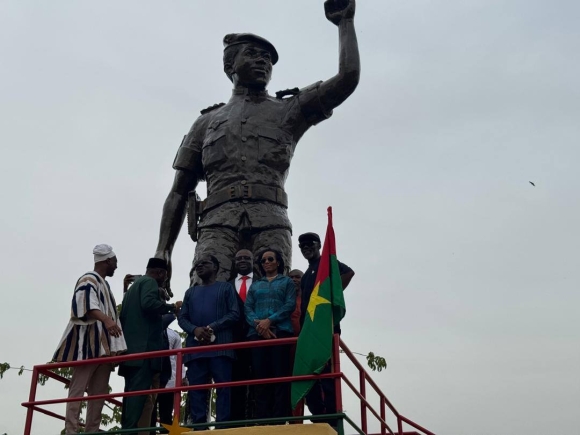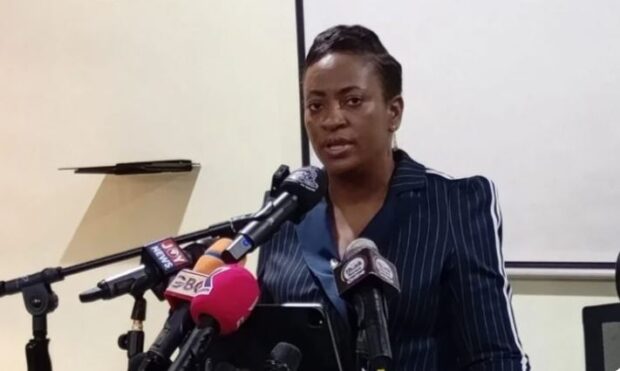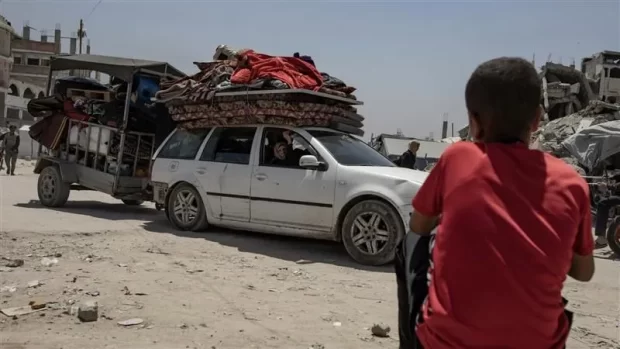
In a significant stride towards promoting transparency and accountability, residents across Ghana’s Northern, Bono, and Ahafo regions are taking a stand against corruption. Through targeted training programs and community engagement, citizens are being equipped to identify, report, and combat corrupt practices within their localities.
Empowering Citizens Through Training
The Ghana Anti-Corruption Coalition (GACC), in collaboration with the Ghana Centre for Democratic Development (CDD-Ghana) and the Ghana Integrity Initiative (GII), has launched a comprehensive training program aimed at empowering citizens to detect and report corruption. This initiative, funded by the European Union, has trained over 1,140 individuals across 24 districts, focusing on enhancing their understanding of corruption and the mechanisms available to address it .
In the Bono and Ahafo regions, more than 200 participants underwent intensive two-day workshops in locations such as Sunyani, Berekum, Tain, and Bechem. Similarly, the Northern Region saw training sessions in Tatale, Yendi, Kumbungu, and Savelugu. These sessions educated participants on various forms of corruption and the appropriate channels for reporting, thereby fostering a culture of accountability at the grassroots level.
Community Engagement and Advocacy
Beyond training, the initiative emphasizes community engagement. Forums and discussions have been organized to raise awareness about the detrimental effects of corruption on development and public trust. Citizens are encouraged to actively participate in governance by holding public officials accountable and demanding transparency in public financial management.
The project also aims to strengthen the capacity of civil society organizations (CSOs) to advocate for reforms and monitor the implementation of anti-corruption measures. By building a network of informed and proactive citizens, the initiative seeks to create a sustainable framework for combating corruption.
Challenges and the Way Forward
Despite these efforts, challenges remain. The normalization of corrupt practices and a lack of evidence often hinder the fight against corruption. Beauty Emefa Narteh, Executive Secretary of GACC, highlighted the difficulty in combating corruption due to its entrenchment in various sectors of society .
To address these challenges, there is a call for increased public education on the consequences of corruption and the importance of ethical conduct. Additionally, enhancing the resources and capacities of anti-corruption institutions is crucial for the effective enforcement of laws and regulations.












Be the first to leave a comment